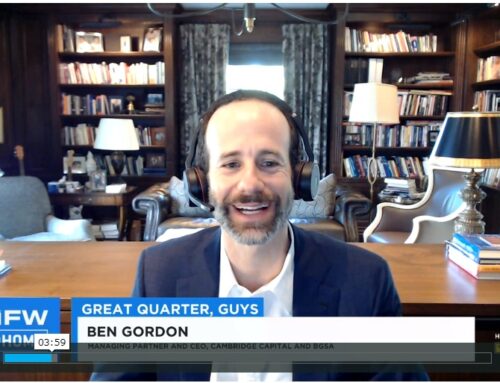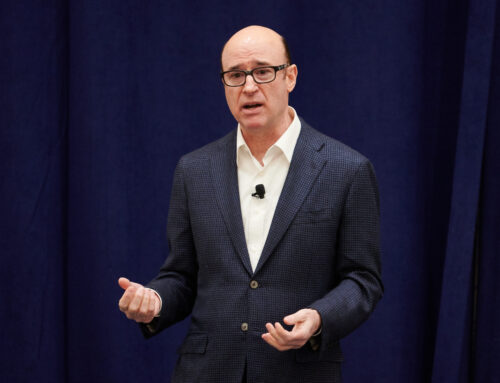I was interviewed yesterday by Oliver Estreich for Yahoo Finance. The complete article is here.
The core issue: after WeWork’s failed IPO, what can we learn, and what will founders, investors, and companies do differently?
In my view, the biggest lesson has to do with corporate governance. As an HBS professor of mine once said, “You can have, growth, margins, and controls. Pick two!” Growth can sometimes undermine governance and controls, because companies may view it as an impediment. A good example is Facebook. Do you think it’s a coincidence that their slogan at one point was “Move fast and break things”?
WeWork is only the latest example of a company that paid a price because its board did not impose proper governance. Its founder was both CEO and Chairman. And he was allowed to engage in related party transactions, e.g. the sale of his own real estate to the company, the sale of corporate trademarks to the company, and more. These factors played a price in WeWork’s sudden decline, to the detriment of investors, executives, and founders.
So what should companies do?
From my perspective, the first key to good corporate governance starts with separating the CEO and Chairman position. Sometimes in early-stage companies there are exceptions, but in general it is a best practice to divide the roles. When one person runs the company, he or she often benefits from the checks and balances that come from an independent board. Having an independent chairman helps to achieve that goal.
A second key is to implement checks and balances elsewhere. For instance, when a company’s CEO has a related-party transaction, someone independent should review that transaction. I was on the board of a company whose CEO hired his tax advisor to negotiate a tax issue with the government that affected both the company and him personally. He did so without consulting the board. In my opinion, he should not have done so, and I expressed that feeling.
Some people will say the corporate governance environment post-WeWork will be less founder-friendly.
I disagree. I love founders. The whole raison d’etre of Cambridge Capital is to partner with founders and entrepreneurs. Great founders bring energy, passion, and drive that help achieve what would otherwise be insurmountable hurdles. We are founders ourselves. I’ve started four companies.
The point is that smart founders will want to implement good corporate governance, because it’s great for them, great for their investors, and great for their companies.
At Cambridge, I’ve tried to build a firm that gives founders the kinds of resources that would have helped me in my first company. That includes access to customers, a network of industry leaders, help with recruiting, support with acquisitions and investment, and sounding boards. I think these trends are all about giving founders the tools to help their companies maximize their potential.
Let’s see whether 2019 marks the beginning of a wiser chapter of corporate governance, to the benefit of everyone.









